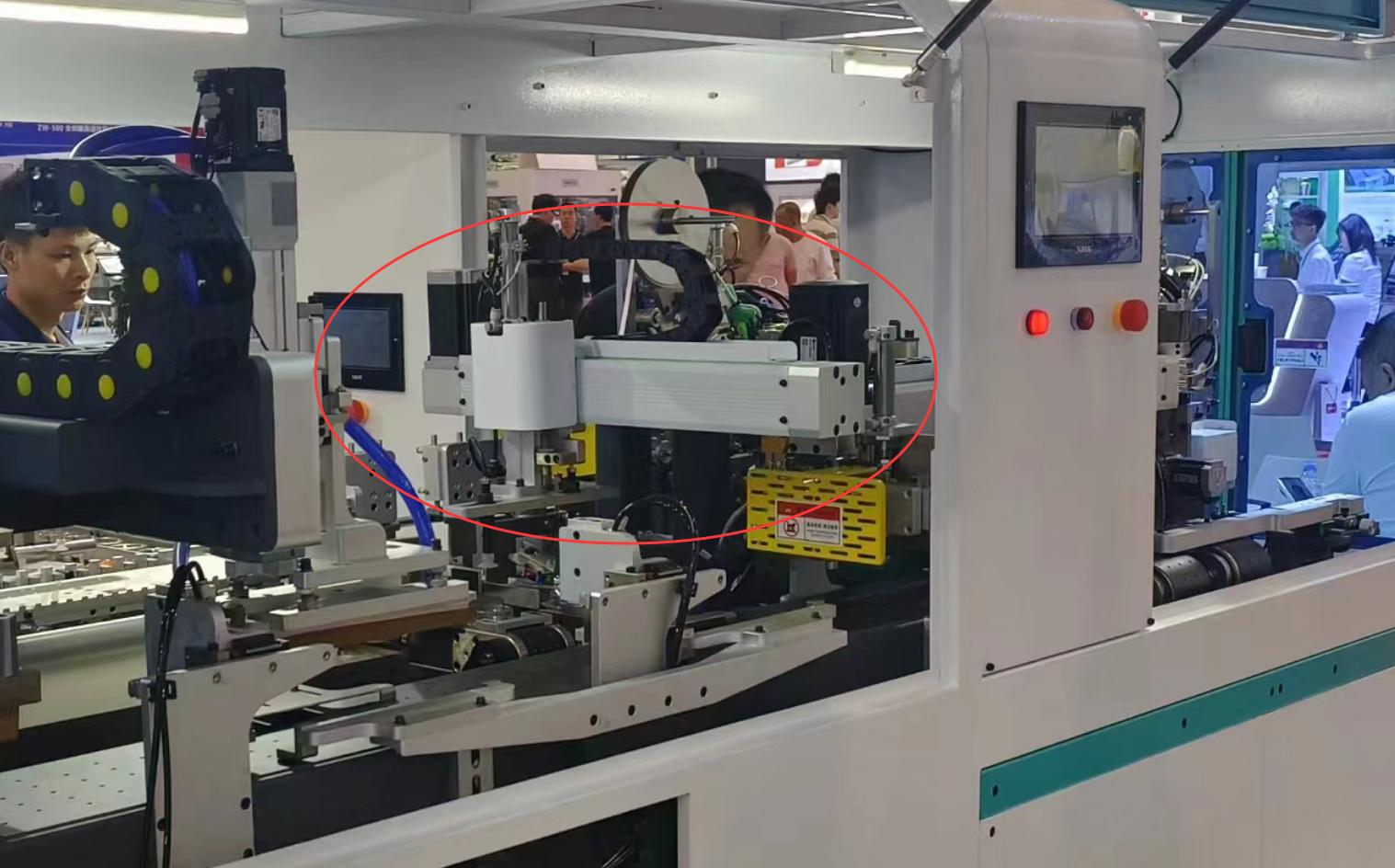The application of modular robots in automated production
1. Flexible Production Adaptation
Rapid Reconfiguration of Production Lines: Through its modular design, modular robots can quickly replace end effectors (such as grippers and welding guns), adapting to the demands of high-variety, small-batch production. They are particularly well-suited for industries such as 3C electronics and automotive parts that require frequent process switching.
Low-Cost Automation: Compared to traditional industrial robots, modular robots offer a lower investment threshold. Small and medium-sized enterprises can implement partial automation through modular assembly, shortening their return on investment (ROI).
2. High-Precision Assembly and Processing
Precision Operation: Equipped with high-resolution tactile sensors (e.g., over 1,000 sensing points per square centimeter) and sub-micron joint feedback, they can perform micron-level tasks such as chip packaging and medical device assembly.
Complex Process Integration: In automotive manufacturing, modular robots can collaboratively complete complex processes such as door welding and glass gluing, improving consistency.
robotlinear modulesServo electric cylinder manufacturerball screw linear slidemotion control system
Email
More



